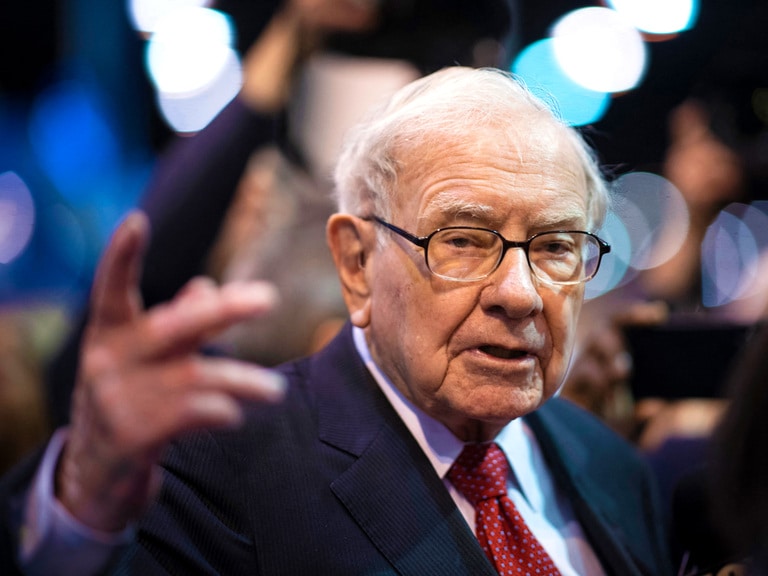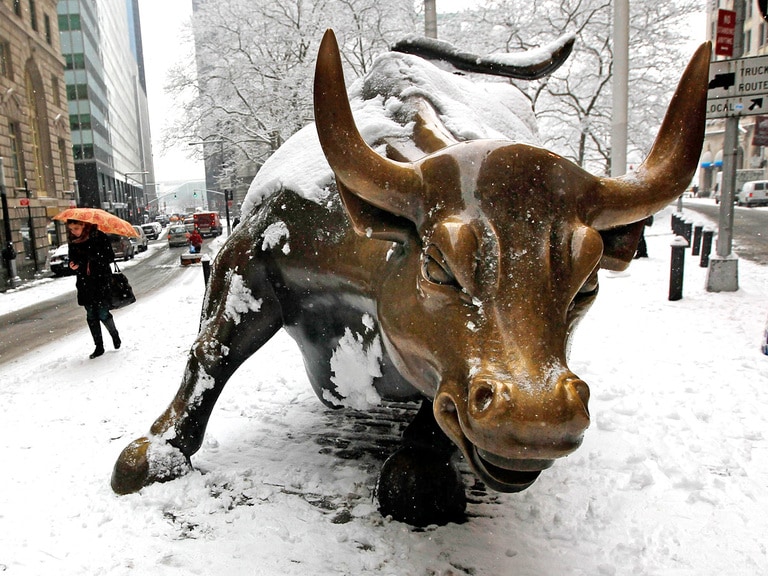The Invesco WilderHill Clean Energy ETF [PBW] started the year at $34.50 on 2 January before falling to $22.87 on 18 March as fears over the economic and social impact of COVID-19 sent markets around the world plunging. However, as investments in renewable energy proved resilient and the US Democratic Party victory of Joe Biden in the US presidential election promised a ramp-up in sustainability spending, it soon began to recover.
The Invesco WilderHill Clean Energy ETF’s share price rose to $70.89 on 20 October before a small dip to $63.32 on 30 October. However, it has come back once more to sit at $84.59 on 20 November.
Its year-to-date total is up 145.1% and net assets are $875.9m. The iShares Global Clean Energy ETF [ICLN], by comparison, has $2.6bn of net assets and a year-to-date return of 86.7%, and the First Trust Nasdaq Clean Edge Green Energy Index Fund [QCLN] which commands $756.5m of assets and a 162.5% year-to-date return.
145.1%
Invesco WilderHill Clean Energy ETF’s YTD share price rise
Can the Invesco WilderHill Clean Energy ETF power through until the end of the year?
Keeping clean
First launched in March 2005, the Invesco WilderHill Clean Energy ETF is based on the WilderHill Clean Energy Index and normally invests at least 90% of its total assets in US-traded stocks that are engaged in the advancement of cleaner energy and conservation.
It has 46 holdings, of which 30.5% are in the industrials sector followed by 28.9% in information technology, 20% in consumer discretionary and 12% materials.
30.5%
Invesco WilderHill Clean Energy ETF’s weighting of holdings in the industrial sector
Chinese electric vehicle maker Nio [NIO] has the biggest weighting in consumer discretionary with 4.4%, followed by EV charging stations manufacturer Blink Charging [BLNK] with 4.03%, Chinese EV maker Kandi Technologies [KNDI] has 3.49%, and fuel cell and clean power generation company FuelCell Energy [FCEL] has 3.56% in industrials.
Lithium-based battery maker Livent [LTHM] and solar panel maker SunPower Corp [SPWR] are also other key holdings.
Nio’s shares have motored 1101.2% from $4.10 on 2 January to $49.25 on 20 November, helped by strong Q3 revenue, which rose 146.4% to RMB4.5bn. The company sold a record 12,206 vehicles in the period, up 154%.
Blink Charging’s shares, meanwhile, have rocketed 169.9% from $8.40 on 6 July to $22.67 on 20 November, helped by increasing EV adoption and the subsequent need for charging infrastructure.
169.9%
Blink Charging's share price rise from 6 July to 20 November
FuelCell Energy has climbed 19.1% from $1.89 on 5 October to $5.54 due to growing demand for its carbon capture technology and hydrogen production. The ETF has benefited from having stocks in sectors which are growing in demand because of consumers and businesses making more sustainable choices.
Taking renewables further
Governments around the world are also playing their part in support the ETF’s rise. The UK’s recent Green Industrial Revolution, for instance, is looking to electric vehicles and renewable power including solar, green hydrogen and offshore wind to help economic recovery from the coronavirus pandemic. This is expected to continue as nations strive to meet climate targets such as the globally binding Paris Agreement.
The US is expected to re-join the Paris Agreement when US president Donald Trump leaves office in January. President-elect Joe Biden is vocal about the US becoming more environmentally friendly, and is looking to invest $2trn into renewables, including solar panels and charging stations.
“Solar and renewable energy is likely to continue to take market share away from oil, coal and natural gas markets. The shift towards electric vehicles/EVs in the auto industry should play a big role as well in propelling the world towards cleaner energy and more lithium consumption” - Victor Dergunov
“Solar and renewable energy is likely to continue to take market share away from oil, coal and natural gas markets,” Victor Dergunov wrote in Seeking Alpha. “The shift towards electric vehicles/EVs in the auto industry should play a big role as well in propelling the world towards cleaner energy and more lithium consumption.”
This is where the so-called unique nature of the Invesco WilderHill Clean Energy ETF could be beneficial. “While it might be risky to bet on a single cleantech stock, ETFs with exposure in this space could be a less risky option to gain from the impending changes,” Manisha Chatterjee noted in Stocknews.
“The ETF is a unique fund in the sense that it is heavy on tech stocks,” she added.
The COVID-19 pandemic has accelerated economic and social change such as home working and online retail. It has also given a boost to renewables and the environment as the public and politicians got used to clean skies and less polluted air during lockdown.
“While it might be risky to bet on a single cleantech stock, ETFs with exposure in this space could be a less risky option to gain from the impending changes. The ETF is a unique fund in the sense that it is heavy on tech stocks” - Manisha Chatterjee
The fossil fuel era is ending. ETFs, like the Invesco WilderHill Clean Energy ETF, focused on stocks making or responding to renewable growth will continue to flourish in the years to come.
Disclaimer Past performance is not a reliable indicator of future results.
CMC Markets is an execution-only service provider. The material (whether or not it states any opinions) is for general information purposes only, and does not take into account your personal circumstances or objectives. Nothing in this material is (or should be considered to be) financial, investment or other advice on which reliance should be placed. No opinion given in the material constitutes a recommendation by CMC Markets or the author that any particular investment, security, transaction or investment strategy is suitable for any specific person.
The material has not been prepared in accordance with legal requirements designed to promote the independence of investment research. Although we are not specifically prevented from dealing before providing this material, we do not seek to take advantage of the material prior to its dissemination.
CMC Markets does not endorse or offer opinion on the trading strategies used by the author. Their trading strategies do not guarantee any return and CMC Markets shall not be held responsible for any loss that you may incur, either directly or indirectly, arising from any investment based on any information contained herein.
*Tax treatment depends on individual circumstances and can change or may differ in a jurisdiction other than the UK.
Continue reading for FREE
- Includes free newsletter updates, unsubscribe anytime. Privacy policy





